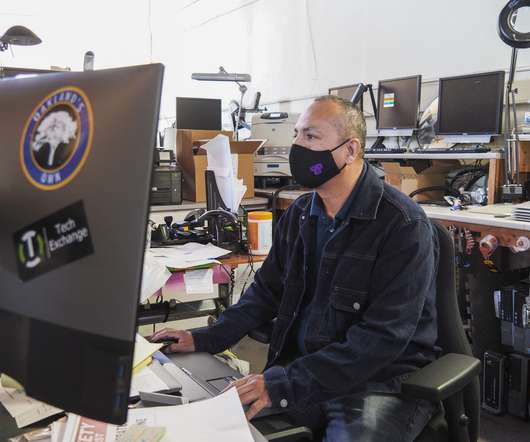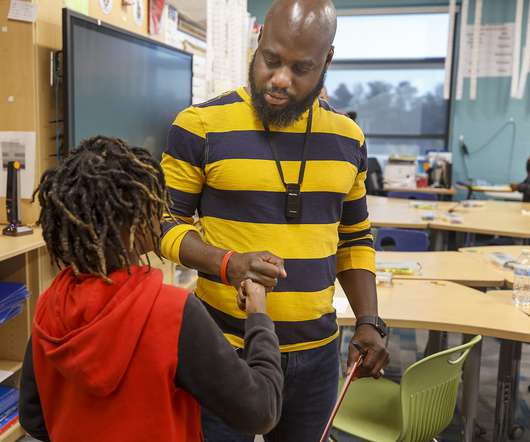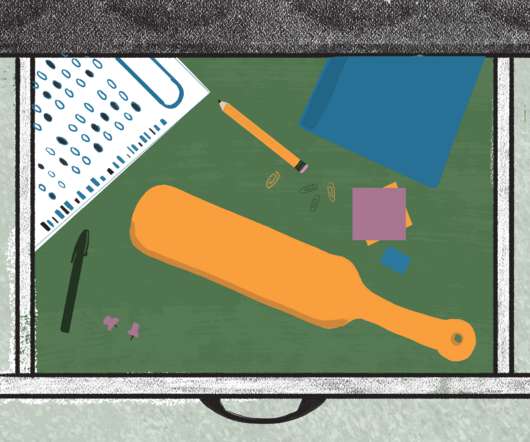For some kids, returning to school post-pandemic means a daunting wall of administrative obstacles
The Hechinger Report
DECEMBER 19, 2023
After a few hours, the elementary school called: Come pick up your son, they told her. The only face-to-face meeting was in October 2021, when Tameka sent her kids on the bus, only to learn they weren’t enrolled. She had yet to register the youngest girl, who was entering kindergarten. He was no longer enrolled, they said.




















Let's personalize your content